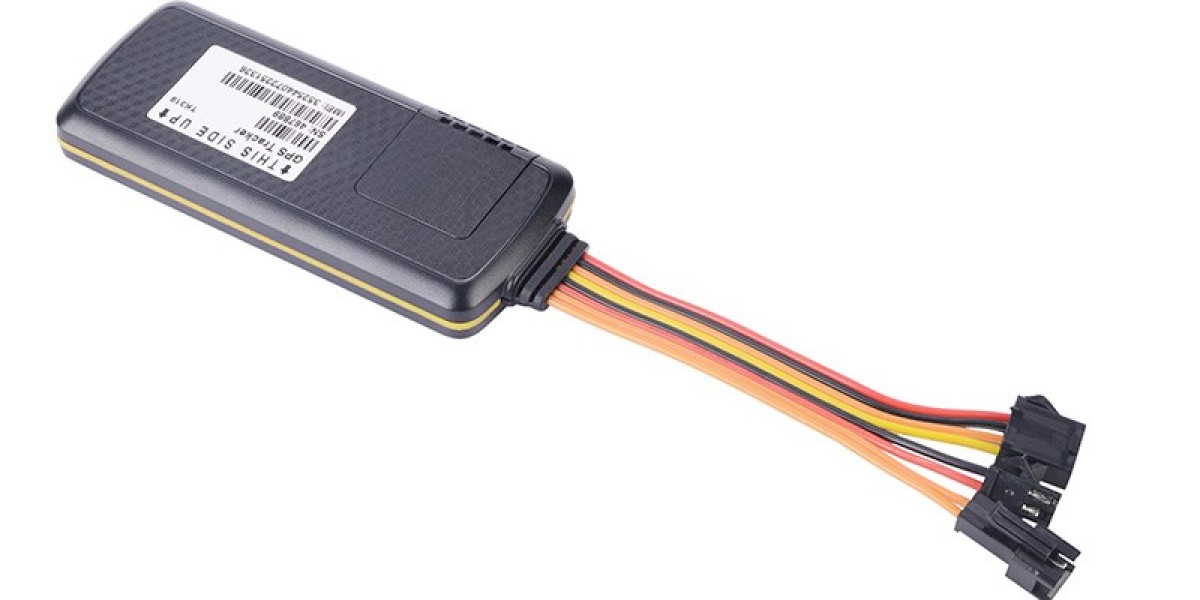In the realm of advanced welding technologies, fiber optic laser welders stand out as a cutting-edge solution that combines exceptional precision with remarkable efficiency. Utilizing fiber optic technology, these welders deliver high-quality welds across a diverse range of materials and applications. This article explores the key features, benefits, and applications of fiber optic laser welders, illustrating how they are transforming the welding industry by providing superior performance and flexibility.
What is a Fiber Optic Laser Welder?
A fiber optic laser welder is a sophisticated welding machine that employs fiber optic technology to deliver a concentrated laser beam for welding tasks. Unlike traditional laser welding systems that use various types of lasers, fiber optic laser welders utilize fiber lasers, which are renowned for their high efficiency, excellent beam quality, and long operational life.
Fiber lasers generate a laser beam by using a laser-active fiber as the medium, which is doped with rare-earth elements such as ytterbium or neodymium. This technology offers several advantages over other laser sources, including better energy efficiency, a smaller footprint, and the ability to transmit laser light over long distances without significant loss of power.
Key Features of Fiber Optic Laser Welders
High Precision and Quality: Fiber optic laser welders are known for their precision and ability to produce high-quality welds with minimal heat distortion. The focused laser beam allows for fine control over welding parameters, resulting in clean, strong joints that meet stringent quality standards.
Efficiency and Energy Savings: Fiber lasers are highly efficient, converting a significant portion of electrical energy into laser light. This efficiency translates into lower operating costs and reduced energy consumption compared to other laser technologies.
Compact and Lightweight Design: Fiber optic laser welders are typically more compact and lighter than their counterparts, making them easier to integrate into various manufacturing environments. Their smaller size also allows for greater flexibility in machine placement and setup.
Versatility Across Materials: These welders are capable of working with a wide range of materials, including metals like stainless steel, aluminum, titanium, and copper. They are also suitable for welding thin and delicate materials, where precision is critical.
Long-Term Reliability: Fiber optic laser welders have fewer moving parts and require less maintenance compared to other laser systems. This reliability results in lower downtime and longer operational life, contributing to overall cost savings.
Advantages of Fiber Optic Laser Welders
Superior Weld Quality: The precision of fiber optic laser welders ensures high-quality welds with minimal spatter and distortion. This quality is crucial for applications requiring exacting standards, such as aerospace components, medical devices, and electronics.
Increased Production Speed: Fiber laser technology allows for high-speed welding processes, which enhances productivity and reduces cycle times. This efficiency is especially beneficial in high-volume manufacturing environments.
Enhanced Energy Efficiency: The energy efficiency of fiber lasers results in lower operational costs and a reduced environmental impact. This efficiency is a significant advantage for businesses looking to improve their sustainability and reduce energy expenditures.
Flexibility and Adaptability: Fiber optic laser welders offer flexibility in terms of welding parameters and material compatibility. This adaptability makes them suitable for a wide range of applications, from automotive and industrial manufacturing to precision engineering.
Reduced Maintenance and Operating Costs: The durability and reliability of fiber lasers mean that maintenance requirements are minimal. This reduction in maintenance needs translates into lower operating costs and less frequent downtime.
Applications of Fiber Optic Laser Welders
Fiber optic laser welders are utilized in various industries due to their versatility and high performance. In the automotive industry, they are used for welding components such as exhaust systems, body panels, and structural parts. The precision and speed of fiber lasers ensure strong, reliable welds that meet the demanding standards of automotive manufacturing.
In the aerospace sector, fiber optic laser welders play a crucial role in fabricating and repairing aircraft components. The ability to weld thin, high-strength materials with minimal heat distortion is essential for maintaining the safety and performance of aerospace parts.
The electronics industry benefits from fiber optic laser welders for micro-welding applications, including the assembly of delicate components on circuit boards and connectors. The precision of fiber lasers allows for intricate welding tasks without damaging sensitive electronic parts.
Additionally, the medical device industry relies on fiber optic laser welders for the production of surgical instruments, implants, and other medical devices. The ability to achieve precise, clean welds is vital for ensuring the quality and functionality of these critical components.
Considerations for Using Fiber Optic Laser Welders
While fiber optic laser welders offer numerous advantages, there are some considerations to keep in mind. The initial investment in fiber laser technology can be substantial, although the long-term benefits often outweigh the upfront costs. Proper training and expertise are required to operate these sophisticated machines effectively and safely.
Operators must also adhere to safety protocols, including wearing appropriate protective gear and ensuring that the welding environment is properly prepared to handle the intense light and heat generated by the laser.
Conclusion
Fiber optic laser welders represent a significant advancement in welding technology, offering unparalleled precision, efficiency, and versatility. Their ability to deliver high-quality welds across a range of materials makes them a valuable asset in various industries, from automotive and aerospace to electronics and medical devices. As the demand for advanced welding solutions continues to grow, fiber optic laser welders are set to play a central role in shaping the future of metalworking.








